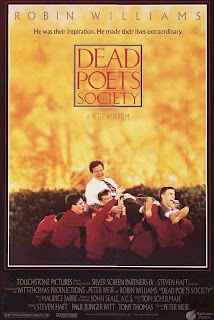Central Station
Call No: PN1997 .C3857 1998
Every once and a while, I come across a film that uses the quest motif. This is typically a film in which the main characters must go on a journey or quest, and undergo an emotional transformation during the physical movement of travelling. I first learned about this kind of story and film motif in elementary school, where the example used was the classic The Lion King and The Lord of the Rings. While I have seen other films and read other stories that employ this technique, those two examples have always been the ones that I’ve found embody the conventions best. I’m now happy to include Central Station into that list.
When a tragic accident kills his mother, Josue is left without any family in Rio. Familiar with the boy because of a chance encounter, the unmarried and embittered Isadora offers to find somewhere for him to stay. But the stubborn Josue has plans of his own – he’s going to travel to find the father he’s never known. With a combination of guilt and anger, Isadora comes along. This is the trip that will change two complete strangers into friends, and transform their trip into a journey that will stay with them forever.


















